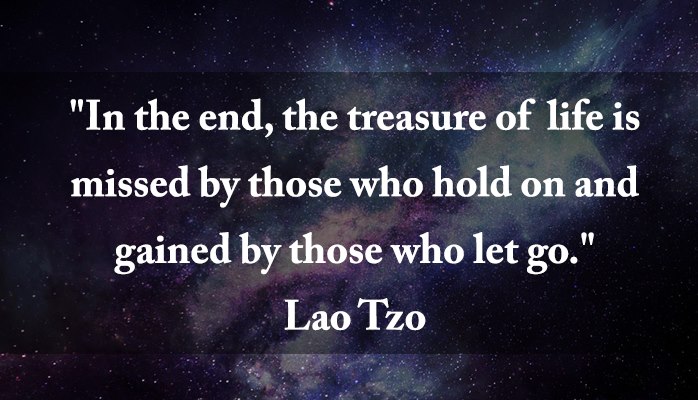
by Kathi Miller-Miller
So someone stole your idea or worse yet, put you completely under the bus during a meeting with your boss!
Sure there’s something to be said for protecting yourself by avoiding all contact with the offender. I mean after all only an idiot exposes themselves to someone that can’t be trusted a second time right?
Well, you can certainly play it that way if you choose but it’s better for your career (not to mention your personal life!) if you can forgive the person and move on.
Sounds simple enough right?
Well anyone who has been hurt knows that forgiving is hard….sometimes ridiculously hard! Depending on how badly you were hurt, it may even be the toughest thing you’ve ever faced.
And unfortunately, I have no magic words or tips to teach you “how” to forgive (that’s way beyond my skillset!) But I can share some excellent reasons why letting go of that nasty, hurtful and completely non-productive emotion is great for you both at work and at home.
Next! While history offers an important element in both personal and professional situations, successful people don’t “live” in the past. Refuse to let go of old issues and you’ll quickly gain the reputation of someone who looks behind instead of ahead. Not a great path to the C-Suite!
Gandhi Said. Famed philosopher Gandhi offers these words of wisdom, “The weak can never forgive. Forgiveness is an attribute of the strong.” Hmm…bet you know which of these adjectives is better for your career! And really, saying more implies that I’m smarter than Gandhi….moving on!
Not Approved! This one is quick but critical. Understand that you can forgive someone and still not “approve” of what they did. Sure it’s a fine line but an important one.
No More Victim! Think of it like this: until you can forgive, you are the victim. A quick search for synonyms of the word “victim” returned words like: loser; prey; sucker; fool and chump. I think we can all agree that none of those terms indicate control of your life. Giving others the perception that you control your destiny is a big deal. A really big deal!
Be The Better Person. Let’s face it, it’s easier to stay mad (or hurt) at someone than it is to forgive them and effectively “let them off the hook” for their behavior. But forgiving makes you the bigger person AND a team player both of which improve your career standing and happiness at home.
Let it Go Baby. Forgiving means letting go of resentment, revenge and obsession. Getting rid of the negativity will do great things for relationships with your co-workers and family! And News Flash—none of those emotions are helpful while trying to climb that ladder at work either.
No One Likes ‘Nancy’. Refusing to forgive leads to anger and negativity which subtly changes your personality and makes work relationships difficult. In fact, most people avoid the “Negative Nancy’s” in life at all costs. And I’m no different. When I’m forced to deal with them, I use these tips.
No Amnesia. As a young adult, the idea that I could “forgive” someone but not “forget” was lost on me. But as my life experiences increased, I realized that one emotion is controlled by the heart and the other by the brain. It’s literally impossible to force your brain to forget. But don’t kid yourself. If remembering the experience still causes you angst, then you’re not quite finished with that forgiveness piece yet!
Look, I get it….Life can throw all kinds of crap our way. And often those closest to us are the worst offenders. But I’m guessing there is someone you need to forgive. Yes, it’s incredibly difficult. But ultimately, it’s better for you! So dig deep, take the power back and move on!
I promise you, the benefits will show in every facet of your life!
Kathi Miller-Miller is a regular guest tipster on Career Tips To Go. A published author and CEO of the Kathi Miller-Miller online career coaching portal we are thrilled to have her join the team. To learn more about Kathi check out her profile here or visit Kathi at @ www.kathimillermiller.com
Like more career tips to go?
[mc4wp_form id=”1429″]

